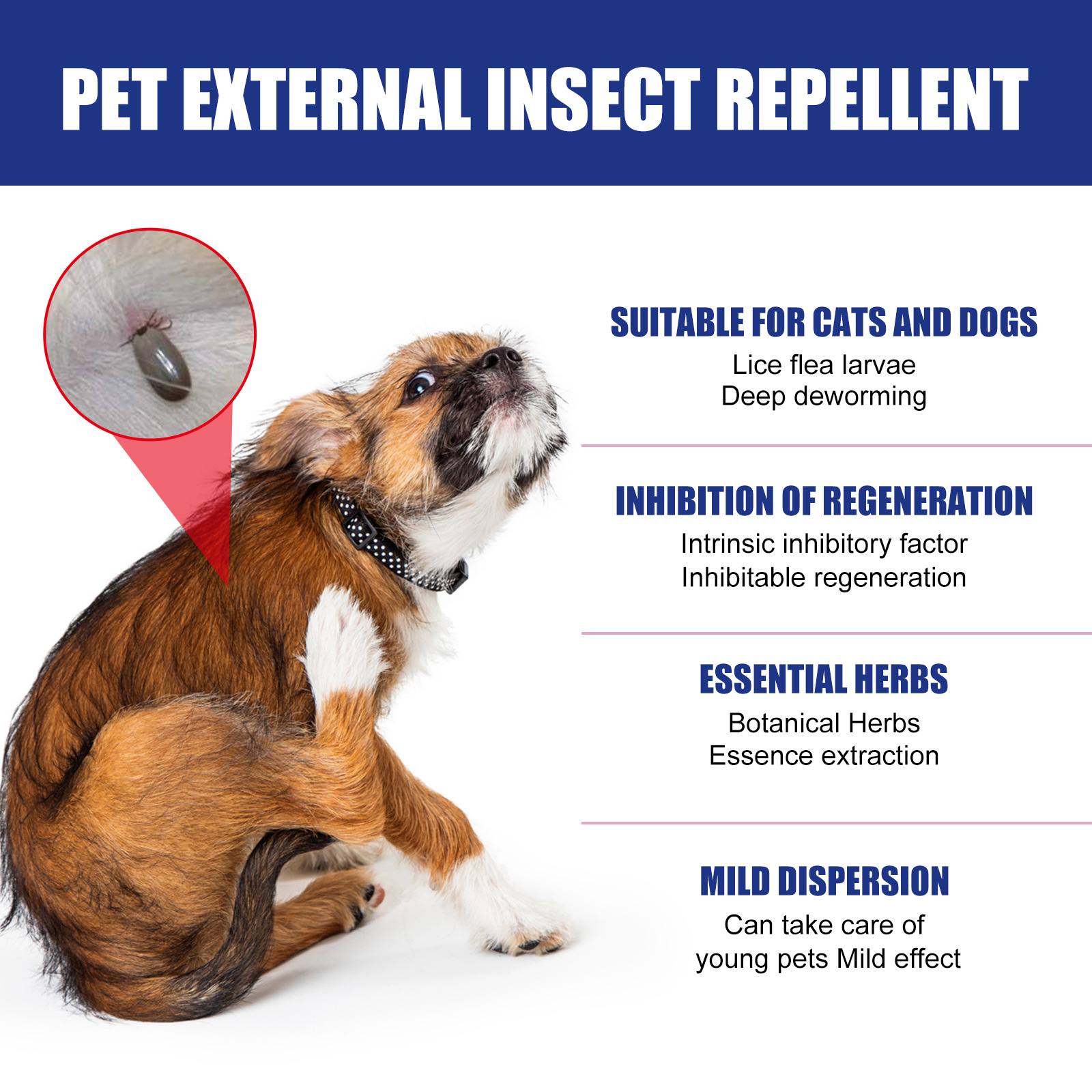Effective Pet Allergy Treatments: A Comprehensive Guide to Relief and Management
#### Understanding Pet AllergiesPet allergies are a common issue for many individuals, affecting their quality of life and causing discomfort. These allergi……
#### Understanding Pet Allergies
Pet allergies are a common issue for many individuals, affecting their quality of life and causing discomfort. These allergies are often triggered by proteins found in a pet's skin cells, urine, or saliva. Common symptoms include sneezing, itching, nasal congestion, and even asthma attacks. Understanding what triggers these allergies is the first step in managing them effectively.
#### Common Symptoms of Pet Allergies
Individuals suffering from pet allergies may experience a variety of symptoms. These can range from mild to severe and may include:
- **Sneezing**: Frequent sneezing can be a sign of an allergic reaction.
- **Itchy Eyes**: Allergens can cause the eyes to become red and itchy.
- **Runny or Stuffy Nose**: Nasal congestion is a common symptom of pet allergies.

- **Skin Reactions**: Some people may develop hives or rashes upon contact with a pet.
- **Respiratory Issues**: For those with asthma, exposure to pet allergens can trigger asthma attacks or worsen existing respiratory conditions.
#### Diagnosis of Pet Allergies
If you suspect you have a pet allergy, it is essential to consult with a healthcare professional. They may perform various tests, including skin prick tests or blood tests, to determine if you are allergic to specific pets. Accurate diagnosis is crucial for effective treatment.
#### Pet Allergy Treatments: Effective Strategies for Relief

There are several pet allergy treatments available to help manage symptoms and improve quality of life. Here are some effective strategies:
1. **Avoidance**: The most straightforward way to manage pet allergies is to minimize exposure to allergens. This may involve keeping pets out of certain areas of the home, using air purifiers, and regularly cleaning to reduce dander.
2. **Medications**: Over-the-counter antihistamines can provide relief from allergy symptoms. Nasal corticosteroids and decongestants may also be prescribed by a doctor to help manage inflammation and congestion.
3. **Immunotherapy**: For those with severe allergies, allergy shots or sublingual immunotherapy can be effective. This treatment involves gradually exposing the body to small amounts of the allergen to build tolerance over time.
4. **Lifestyle Changes**: Implementing certain lifestyle changes can help manage symptoms. This includes regular cleaning, using hypoallergenic bedding, and bathing pets frequently to reduce dander.

5. **Natural Remedies**: Some individuals find relief through natural remedies such as saline nasal rinses, herbal supplements, or essential oils. However, it's essential to consult with a healthcare professional before trying any alternative treatments.
#### Conclusion
Living with pet allergies can be challenging, but understanding the condition and exploring various pet allergy treatments can lead to significant relief. Whether through avoidance strategies, medications, or immunotherapy, there are options available to help manage symptoms effectively. By taking proactive steps and consulting with healthcare professionals, individuals can enjoy a better quality of life while still cherishing their furry companions.